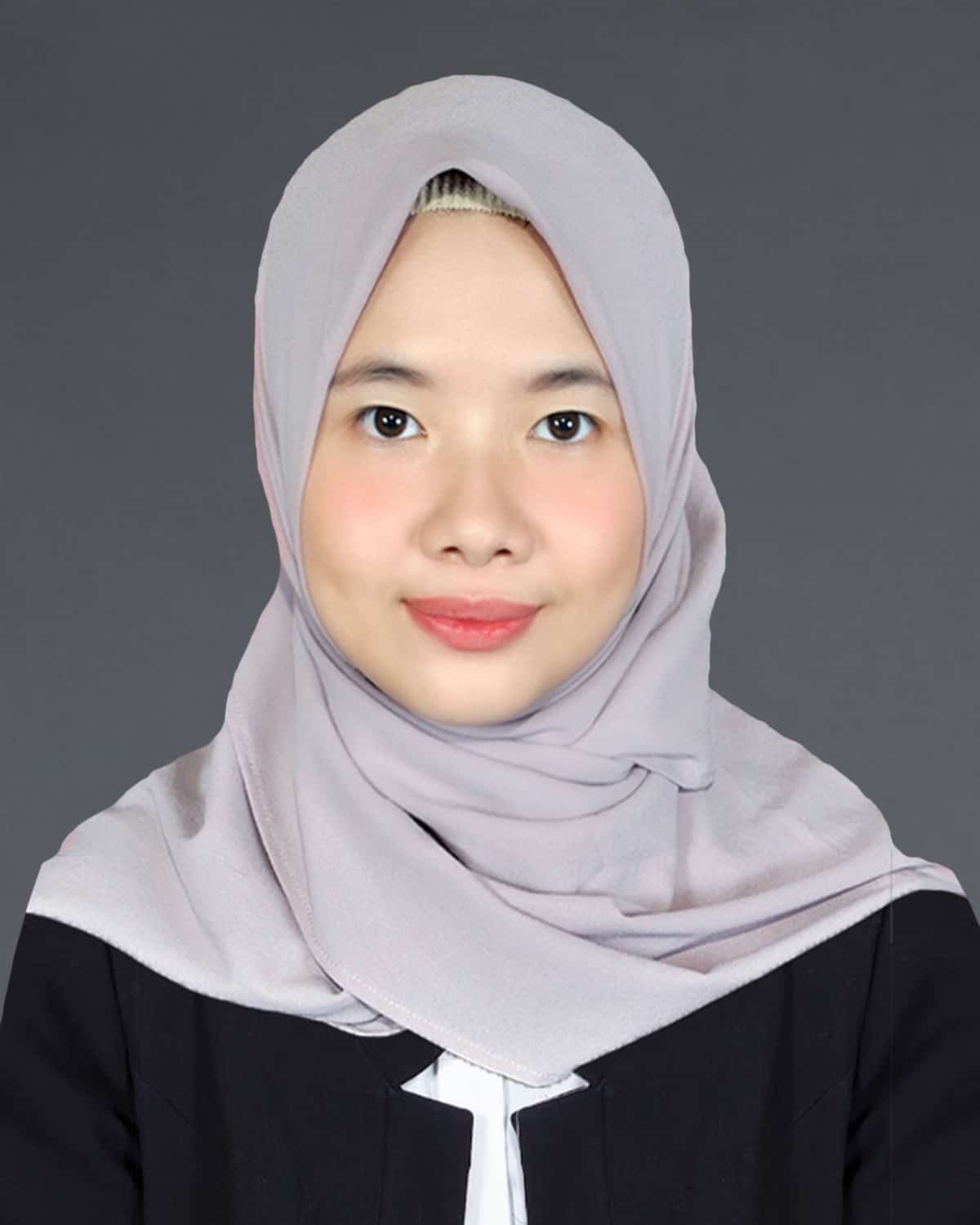
In February 2021, Indonesia’s National Agency for Drug and Food Control (Badan Pengawas Obat dan Makanan, or BPOM) issued updated guidelines for the advertising of pharmaceutical products. Regulation 2/2021 concerning the Supervision of Drug Advertising Guidelines, which came into effect on February 3, 2021, improves the process for the submission and consideration of advertisement approval requests, expands the categories of media and drugs that are not allowed to be advertised, defines supervisions and sanctions, and better clarifies drug labeling and advertisement to prevent pharmaceutical companies from mislabeling drugs and clamp down on drug advertisement violations online.
At the same time, BPOM revoked Regulation 8/2017 concerning the Supervision of Drug Advertising Guidelines. This old version from 2017 was updated by the new regulation in several important ways.
Online Application System for Advertisement Approval
BPOM now operates an online advertisement approval application system known as SIAPIK (from its full name, Sistem Aplikasi Persetujuan Iklan). The use of this online system, which is available at https://siapik.pom.go.id, is a step forward from the previous practice in which advertisement applications had to be filed in person.
BPOM Regulation 2/2021 regulates the submission of advertisement approval applications via the SIAPIK website. These applications must include a marketing authorization approval letter, the approved label or label design, and the advertising design. Advertising documents in English are accepted, but documentation in any other foreign (or local) language must be translated into Bahasa Indonesia. Applications should also include supporting documents containing certain information that is not related to the use of drugs, if required by the officer for verification.
After the documents are submitted, BPOM evaluates the advertisement approval using the appropriate process for the category into which the advertisement falls. Those in the “minor” category include advertisements with new concepts that do not have the potential to cause misinterpretation, as well as variations (such as small alterations to the information, and other insignificant changes) on advertisements that have already been approved. Those in the “major” category include advertisements with new concepts that have the potential to lead to wrong interpretations, and variations of advertisements (or meaningful changes) that have already been approved and have undergone no other notable change (e.g., in advertisement media, in reduction of claims, or through shortening of duration that could alter interpretations of the advertisement).
The evaluation period is 10 working days for minor category advertisements and 25 working days for major category advertisements—both significantly shorter than the 60 days for evaluation (regardless of category) specified in the previous regulation.
Evaluation results are then issued electronically—approved if the application has met all the requirements, or rejected if the application has failed to do so. An approval of an advertisement is valid for as long as the marketing authorization of the drug lasts and as long as the advertisement still meets the criteria and requirements.
The SIAPIK system also provides a “notification service,” which applicants can use to apply for renewal of unchanged advertisements or approval for variations to already-approved advertisements, if the changes are to:
- design or layout, without changing the claims or information contained in the advertisement;
- the cast appearing in the advertisement;
- publication means, without any change in advertisement media as defined in article 7(2), 7(3), and 7(4) (see discussion of media categories below); or
- reduction of claims or shortening of duration that does not result in a change to the interpretation or meaning of the advertisement.
Applications using the notification service are processed automatically via the SIAPIK system, with independent evaluation by the applicant (that is, self-assessment without BPOM evaluation) within one working day.
Media Category for Drug Advertisements
BPOM Regulation 2/2021 also expands the definitions of advertising publication media in which drugs can be advertised to three broad categories:
- visual media
- audio media (which includes audio accompanied by a static image online), and
- audiovisual media (such as an online video).
This is a significant change from the previous regulation’s media categories of only printed, electronic, and outdoor media.
Advertisements in the form of interactive communication (e.g., telephone, social media, chat rooms, and instant messaging), whereby information is transmitted between the advertiser and the public, are permitted as long as they meet all regulatory requirements, contain complete and truthful information, and are in compliance with the approved advertisement.
Unlike BPOM Regulation 8/2017, the new regulation requires advertisements using visual media to provide a contact for customer service.
Advertising Controls and Prohibitions for Specific Drugs
The list of specific drugs that require additional information in their advertisements remains the same, but in the new regulation this has been moved into the body (instead of an appendix). These drugs include the following:
- Cough medicine or flu medicine
- Asthma medication
- Indigestion medicine
- Anthelmintic
- Topical drugs for fungal infections
- Eye drops
- Mouthwash
- Sore throat medication
- Bruise medicine
- Anemia medicine
- Laxatives
- Motion sickness medication
- Malaria drugs
- Diarrhea medicine
Advertisements for prescription drugs, narcotics, and psychotropic drugs are exempted from having to include specific information if the advertisements are addressed to healthcare workers.
One change reflected in the new regulation is an expansion of the types of drugs prohibited from being advertised to the public. In Regulation 8/2017, “G-list drugs,” or prescription drugs, are prohibited from being advertised to the public. In Regulation 2/2021, this prohibition on public advertisements covers prescription drugs, narcotics, and psychotropic drugs.
Supervision of Advertisements
Officers continue to have the authority to monitor airing advertisements and re-evaluate approved advertisements. However, Regulation 2/2021 allows the public to participate in advertisement supervision as well by providing information or reports on suspected advertisement violations. The report should be submitted to the head of BPOM electronically to the official BPOM email address for public complaints ([email protected]) or by telephone (1500533). The information can also be submitted in writing to the director of safety, quality and import export control of drugs, narcotics, psychotropics, precursors, and addictive substances.
Sanctions
BPOM Regulation 2/2021 stipulates a number of administrative sanctions, depending on the severity of a violation. At the lower end of the scale are warnings (from a written notice to a more serious warning), followed by orders to correct, stop, or withdraw published advertisements. Offenders may also be punished by a temporary suspension of advertising activities, or a freezing or revocation of a marketing authorization permit.
Conclusion
While Regulation 2/2021 does not represent a fundamental change to drug advertising in Indonesia, there are several significant updates that pharmaceutical companies need to be aware of before planning an advertising campaign in Indonesia or submitting a drug advertisement application. The regulations for using the SIAPIK online system, amended categories and prohibitions, and public involvement in supervising advertisements are important updates that both have the potential to affect companies’ advertising plans and help maintain the relevance and effectiveness of Indonesia’s drug advertising regulatory environment.


